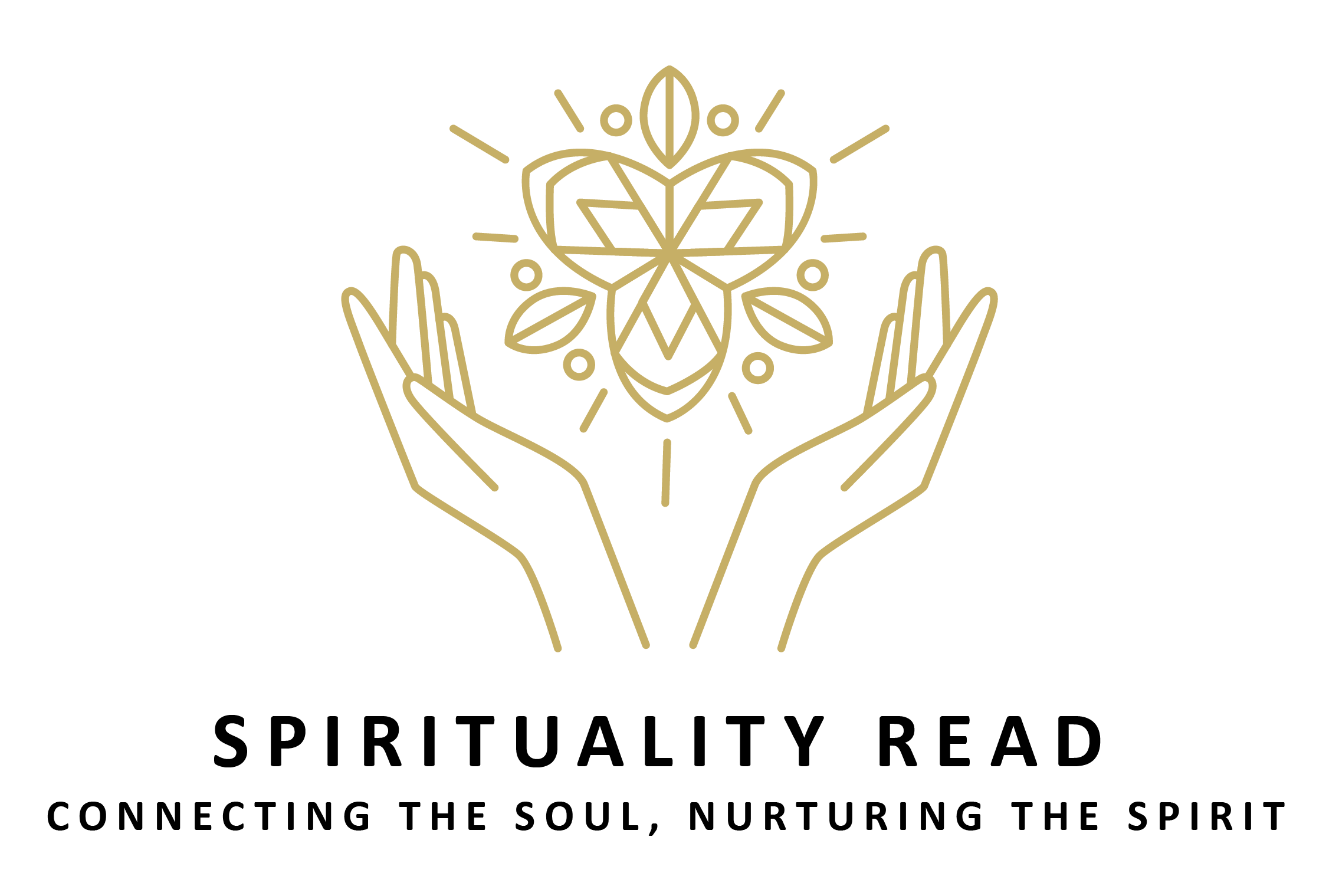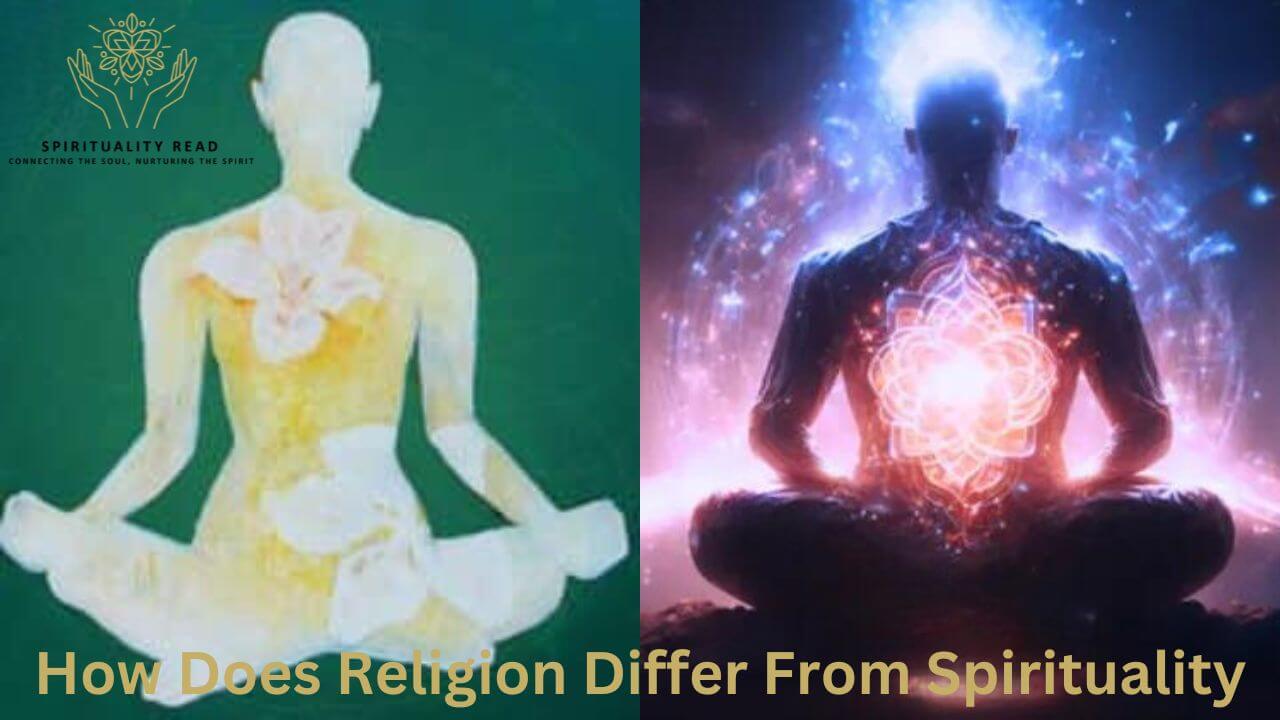In our multifaceted world, the concepts of religion and spirituality often intertwine, leading to a great deal of confusion. To unravel this intricate tapestry of human beliefs and practices, we must first understand the fundamental distinctions between religion and spirituality. This article embarks on a journey to explore the myriad ways in which they differ, shaping our perceptions of the divine and our inner selves.
Defining Religion
Religion, in essence, constitutes a structured belief system replete with intricate rituals, age-old traditions, and well-organized institutions. More often than not, it revolves around the veneration of deities and adheres to a specific set of dogmas and tenets that dictate the lives of its followers.
Defining Spirituality
On the other end of the spectrum, spirituality emerges as a deeply personal and individualized connection with the divine or a higher power. It’s a journey toward inner peace, purpose, and self-discovery. Unlike religion, it doesn’t confine itself to institutions or established doctrines, giving individuals the freedom to chart their own spiritual course.
Historical Roots of Religion Differ From Spirituality
To truly grasp the differences between religion and spirituality, we must delve into their historical backgrounds.
Religious Origins
Religion often finds its roots in antiquity, tracing its genesis to specific founders, prophetic revelations, or pivotal historical events. The likes of Christianity, Islam, and Buddhism are testament to this.
Spiritual Roots
Conversely, spirituality transcends the bounds of a particular historical moment or central figure. It’s a universal and abstract notion, one that’s existed alongside organized religions. Throughout history, individuals have sought spiritual experiences and enlightenment outside traditional religious structures.
Belief Systems Of Religion Differ From Spirituality
Spirituality, a deeply personal and individualistic journey, often revolves around the development of unique belief systems. Unlike organized religions with fixed doctrines, spirituality grants individuals the freedom to shape their own understanding of the divine, the universe, and the self.
In this article, we’ll explore the intricate world of belief systems within spirituality, shedding light on the various aspects that make this personal quest for meaning so fascinating.
Religious Beliefs
Religions typically adhere to a rigid set of beliefs codified in sacred texts, seen as immutable truths that practitioners are expected to uphold and follow without question.
Spiritual Beliefs
In the realm of spirituality, beliefs are flexible, evolving, and unique to each individual. People are encouraged to pick and choose what resonates with their inner journey and adapt their beliefs as they traverse their spiritual path.
Exploration of Inner Beliefs
Spirituality often entails deep introspection and contemplation. This process encourages individuals to explore their inner beliefs, values, and principles. Many find that their belief systems evolve and adapt as they continue on their spiritual journey.
Connection to the Nature of Religion Differs from Spirituality
A significant aspect of spiritual belief often involves a profound connection to nature and the universe. Many spiritual individuals perceive divinity in the natural world, leading to eco-spiritual beliefs that emphasize environmental stewardship.
Rituals and Practices of Religion Differ From Spirituality

Religion and spirituality further differentiate themselves through their rituals and practices.
Religious Rituals
Religions offer a rich tapestry of rituals, ceremonies, and acts of worship, often conducted within the confines of a religious community or sacred institution.
Spiritual Practices
Spirituality, conversely, encompasses a wide array of personal practices such as meditation, prayer, yoga, and mindfulness. These pursuits are usually undertaken individually or in smaller, more intimate groups.
Community vs. Individuality of Religion Differ from Spirituality
Religion and spirituality contribute to an individual’s sense of community and individuality in contrasting ways.
Community in Religion
Religion often forges a deep sense of belonging within a religious community. Houses of worship serve as focal points for congregational gatherings and social interactions.
Individuality in Spirituality
Spirituality, by contrast, champions personal growth and self-discovery, urging individuals to embark on a unique and self-guided exploration of the spiritual realm.
Also Read: Spirituality in Culture: A Profound Connection
Morality and Ethics of Religion Differ From Spirituality

Spirituality, a deeply personal and introspective journey, often involves a range of rituals and practices that connect individuals with the divine, foster self-discovery, and promote inner peace.
Unlike the structured and formalized rituals in organized religions, spiritual practices vary widely and are deeply individualized. In this article, we’ll delve into the world of rituals and practices in spirituality, exploring the diversity and significance of these personal journeys.
Religious Morality
Religions offer clear-cut moral codes, typically outlined in religious texts. These guidelines dictate behaviors and actions, such as the Ten Commandments in Christianity.
Spiritual Ethics
Spirituality emphasizes personal values and principles, enabling individuals to construct their ethical framework based on their unique spiritual experiences and insights.
The Essence of Spiritual Rituals and Practices
At its core, spirituality emphasizes the importance of personal experience and connection with the divine, often through rituals and practices. These rituals are not standardized but are rather shaped by each individual’s unique journey.
Prayer and Affirmations of Religion Differ From Spirituality
Prayer in spirituality is more akin to a heartfelt conversation with the divine than reciting predefined verses. It’s a moment for individuals to express their innermost thoughts, desires, and gratitude. Affirmations, on the other hand, involve speaking positive words and intentions to manifest desired outcomes.
Yoga and Mindfulness: Religion Differ From Spirituality
Yoga is both a physical and spiritual practice that connects the body, mind, and spirit. It enhances physical well-being while fostering a deep sense of inner peace. Mindfulness complements yoga by encouraging individuals to stay fully present in each moment, promoting self-awareness and spiritual growth.
Sacred Rituals and Ceremonies
While spirituality is highly individualistic, some people incorporate sacred rituals and ceremonies into their practices. These can include rituals for healing, purification, or marking significant life transitions.
Impact on Daily Life: Structured Routine vs. Flexible Integration
Spirituality, often considered a deeply personal and introspective journey, has a profound impact on individuals’ daily lives. It isn’t confined to specific rituals or religious institutions, but rather it’s a way of viewing and engaging with the world. In this article, we will explore the various ways in which spirituality influences and shapes daily life.
Religion in Daily Life
Religion often exerts a significant influence on an individual’s daily routine, governing everything from dietary choices to the observance of weekly worship services.
Spirituality in Daily Life
Spirituality seamlessly integrates into various aspects of daily life, allowing individuals to practice mindfulness, meditation, and spiritual self-discovery at any moment, irrespective of their surroundings.
A Perspective on Daily Existence
Spirituality provides individuals with a unique perspective on their daily lives. It encourages mindfulness, gratitude, and the recognition of the interconnectedness of all things. This perspective shapes how spiritual individuals view and interact with the world around them.
Integration of Spiritual Practices
Many spiritual individuals seamlessly integrate their practices into daily life. Whether it’s morning meditation, mindful eating, or a moment of prayer, these practices become part of their daily routine, providing a source of guidance and inner peace.
Nurturing Relationships of Religion Differ From Spirituality
Spirituality can have a positive impact on relationships. By encouraging empathy and understanding, it helps individuals forge deeper connections with others. This, in turn, enhances the quality of their relationships.
Pursuit of Inner Peace of Religion Differ From Spirituality
Spiritual individuals often strive for inner peace and contentment. This pursuit influences their approach to daily life, with a focus on reducing stress, embracing simplicity, and finding meaning in the everyday.
Conclusion
In conclusion, religion and spirituality, although closely related, diverge significantly in their definitions, historical origins, belief systems, rituals, impact on individuals, and moral influences. These disparities empower individuals to make informed choices that align with their personal beliefs and values.
Also Read: How to Calculate Your Angel Number
FAQs
Can one be both spiritual and religious?
Absolutely, many individuals harmoniously incorporate both spirituality and religion into their lives, drawing from the strengths of each.
Is spirituality a rejection of organized religion?
Not necessarily. While some may turn to spirituality as an alternative, others find ways to integrate it with their religious beliefs.
Do all religions have a spiritual component?
Most religions do incorporate spiritual elements, but the depth of spiritual practice varies widely.
Which is more prevalent, religion or spirituality?
It varies from person to person and culture to culture. Both have a significant presence in the world, with some individuals embracing one or the other, and some embracing both.
How can one choose between religion and spirituality?
The choice between religion and spirituality is deeply personal. It should align with one’s values, beliefs, and the path to inner peace and fulfillment.

